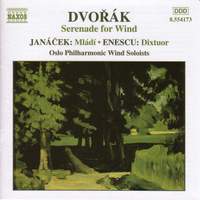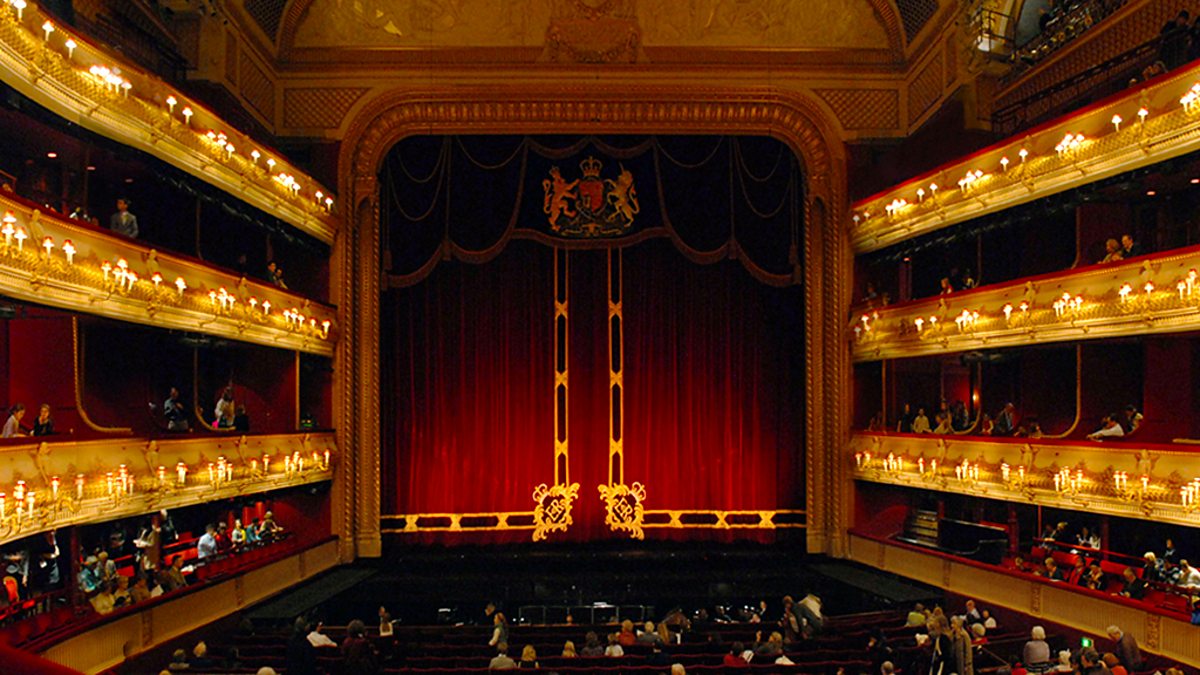I'm surprised that no one has mentioned this, given that it has now finished a 6 performance run at the ROH and was broadcast live on R3 on Saturday.
I was at the first and last nights. I know the opera vaguely from the EMI recording, but had never thought I'd be lucky enough to see it staged. 10 years ago I would have laid money on ENO giving it a first London staging rather than ROH. It says a lot about the development (or otherwise) of both companies since then that ROH has done it.
And done it proud. Superbly cast (Johan Reuter deserves every gong going for his magnificent, tireless performance in the title role, but the rest of the cast made everything of their respective smaller roles - Sarah Connolly refulgent as Jocasta, John Tomlinson suitably raging as Tiresias, Sophie Bevan a touching Antigone to name invidiously but three); and the production was stunning. Chorus and orchestra were unsurprisingly a little nervy in places on opening night - this is very unfamiliar territory - but still gave a convincing account. Last night everything was in place and the piece pinned me to the back of my seat throughout.
Strange, wonderful, often chilling music (ok, another mention for Marie-Nicole Lemieux's weird and wonderful Sphinx). At times one might think one was listening to Debussy, Ravel or even (I think) Vaughan Williams. But at the same time the voice is wholly individual, with a distinctively Eastern European inflexion.
If you haven't heard it, it's well worth trying out on the iplayer. A shame the riveting production wasn't filmed (I think it was filmed in its original incarnation at La Monnaie, but this cast seemed pretty much unbeatable). Perhaps a BBC/ROH recording will be forthcoming. One can but dream. And dream also of a revival - the run sold out in the end with the aid of some generous discounts from the already lower than average headline prices, and perhaps also off the back of some very positive reviews.
I was at the first and last nights. I know the opera vaguely from the EMI recording, but had never thought I'd be lucky enough to see it staged. 10 years ago I would have laid money on ENO giving it a first London staging rather than ROH. It says a lot about the development (or otherwise) of both companies since then that ROH has done it.
And done it proud. Superbly cast (Johan Reuter deserves every gong going for his magnificent, tireless performance in the title role, but the rest of the cast made everything of their respective smaller roles - Sarah Connolly refulgent as Jocasta, John Tomlinson suitably raging as Tiresias, Sophie Bevan a touching Antigone to name invidiously but three); and the production was stunning. Chorus and orchestra were unsurprisingly a little nervy in places on opening night - this is very unfamiliar territory - but still gave a convincing account. Last night everything was in place and the piece pinned me to the back of my seat throughout.
Strange, wonderful, often chilling music (ok, another mention for Marie-Nicole Lemieux's weird and wonderful Sphinx). At times one might think one was listening to Debussy, Ravel or even (I think) Vaughan Williams. But at the same time the voice is wholly individual, with a distinctively Eastern European inflexion.
If you haven't heard it, it's well worth trying out on the iplayer. A shame the riveting production wasn't filmed (I think it was filmed in its original incarnation at La Monnaie, but this cast seemed pretty much unbeatable). Perhaps a BBC/ROH recording will be forthcoming. One can but dream. And dream also of a revival - the run sold out in the end with the aid of some generous discounts from the already lower than average headline prices, and perhaps also off the back of some very positive reviews.
 - a friend of mine offered me a ticket to see this, at a time when I was away in Edinburgh! I would really have loved to have seen it - glad to see that it lived up to your hopes.
- a friend of mine offered me a ticket to see this, at a time when I was away in Edinburgh! I would really have loved to have seen it - glad to see that it lived up to your hopes.



 )...
)...
 ... So, the Symphonies 4&5 here -
... So, the Symphonies 4&5 here -
Comment